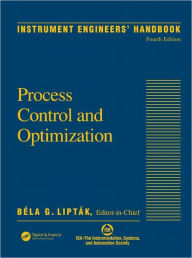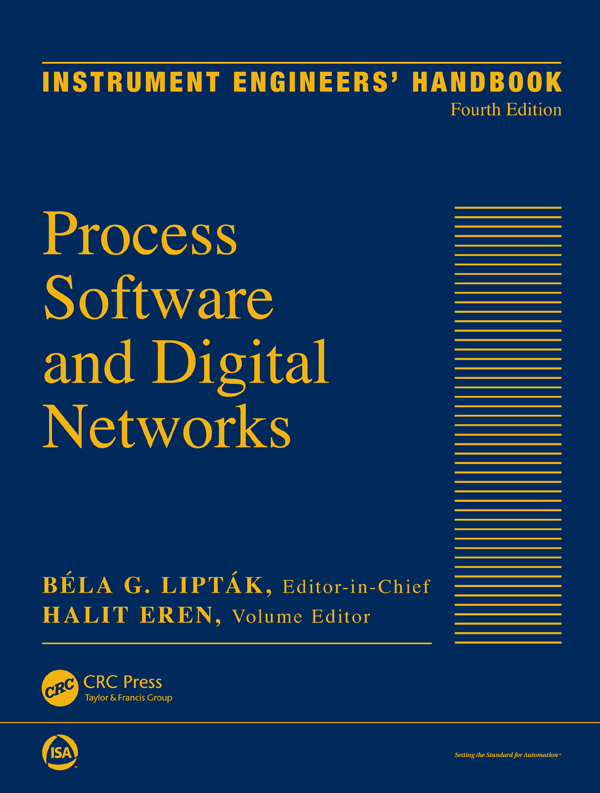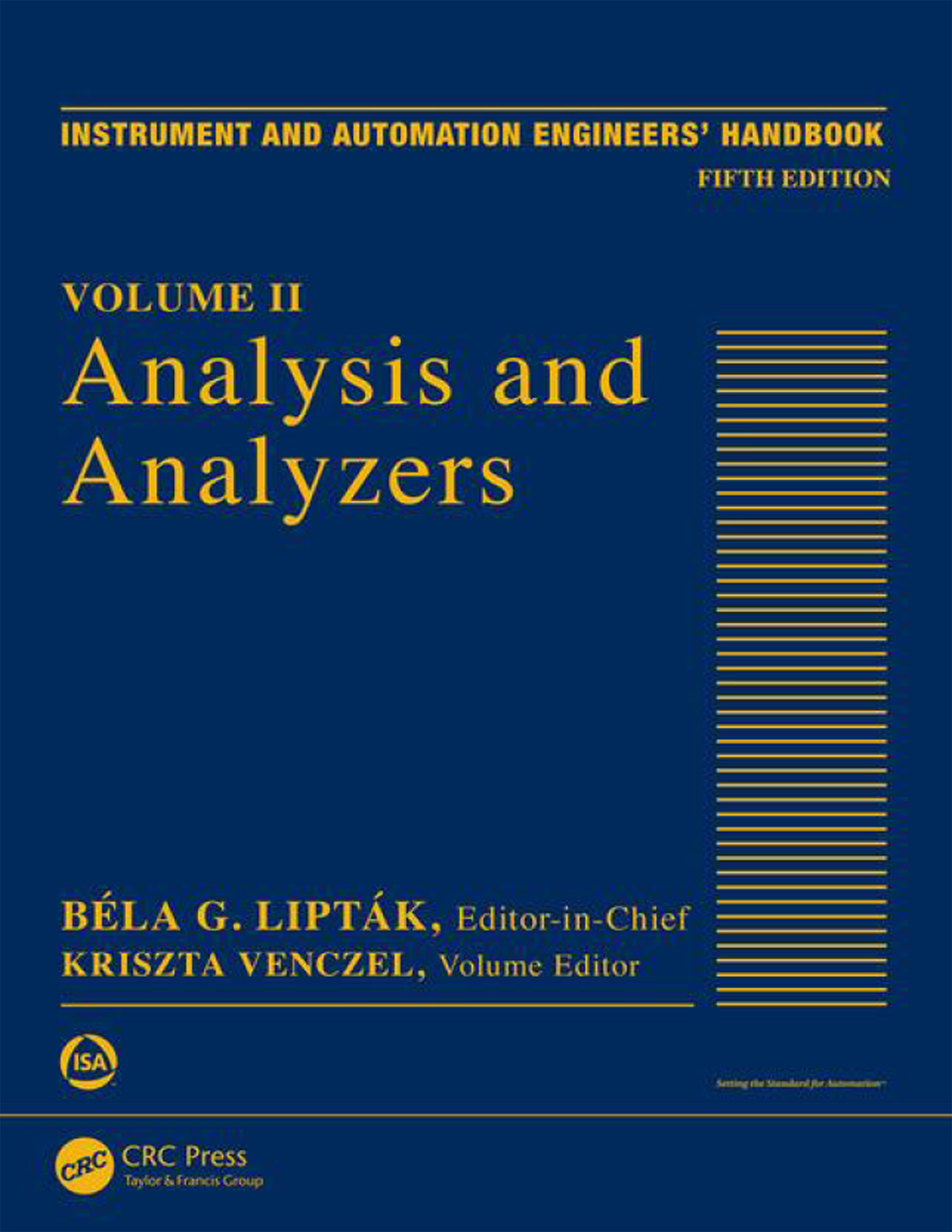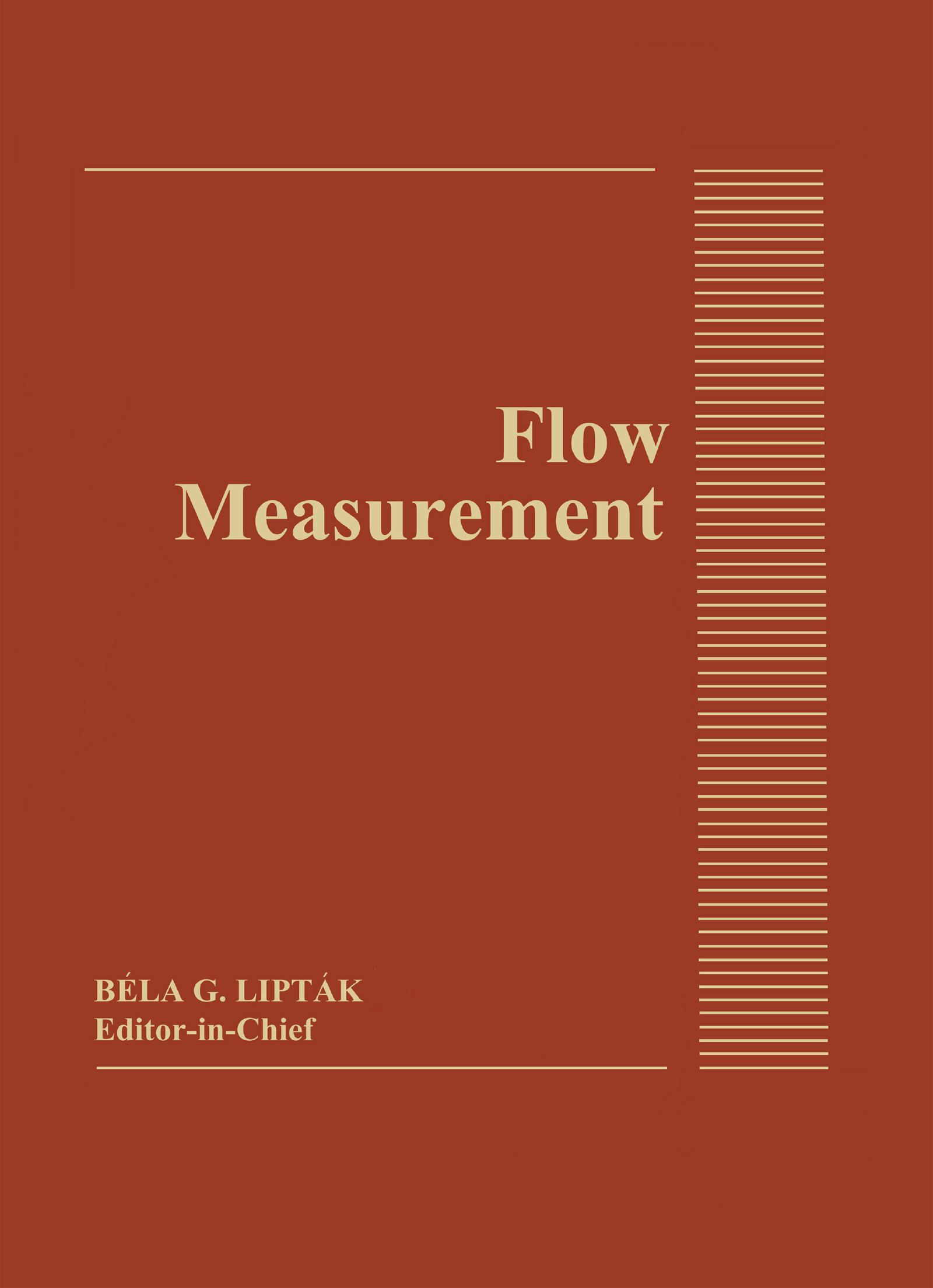Bela G. Liptak
Béla Lipták was born in 1936 in Hungary. As a technical university student, he participated in the revolution against the Soviet occupation, escaped, and entered the United States as a refugee in 1956. In 1959, he received an engineering degree fro
... Read more
Béla Lipták was born in 1936 in Hungary. As a technical university student, he participated in the revolution against the Soviet occupation, escaped, and entered the United States as a refugee in 1956. In 1959, he received an engineering degree from the Stevens Institute of Technology. In 1962, he received a master’s degree from the City College of New York. He later studied computers at the graduate level at the Pratt Institute. In 1960, he became the chief instrument engineer of Crawford and Russell, where he led the automation of dozens of industrial plants for more than a decade. In 1969, he published the multi-volume Instrument Engineers’ Handbook, which today is in its fifth edition. In 1975, he received his professional engineering license and founded his consulting firm, Béla Lipták Associates PC, which provides design and consulting services in the fields of automation and industrial safety. Over the years, he has lectured on automation at many universities around the world, including Yale University, where he taught automation as an adjunct professor in 1987. His inventions include the transportation and storage of solar energy and the design of safe nuclear reactors. His 50+ years of professional experience include the automation of several dozen industrial plants and the publication of more than 300 technical articles (http://www.controlglobal.com/voices/liptak/) and 20+ books on various aspects of automation, safety, and energy technologies. (http://www.amazon.com/B%C3%A9la-G.-Lipt%C3%A1k/e/B001K8B0U0). In 1973, he was elected as a fellow of the International Society of Automation (ISA). In 1995, he received the Technical Achievement Award. In 2001, he received the Control Hall of Fame Award. He was the keynote speaker at the 2002 and 2011 ISA conventions. In 2012, he received the ISA’s Lifetime Achievement Award.
Less











